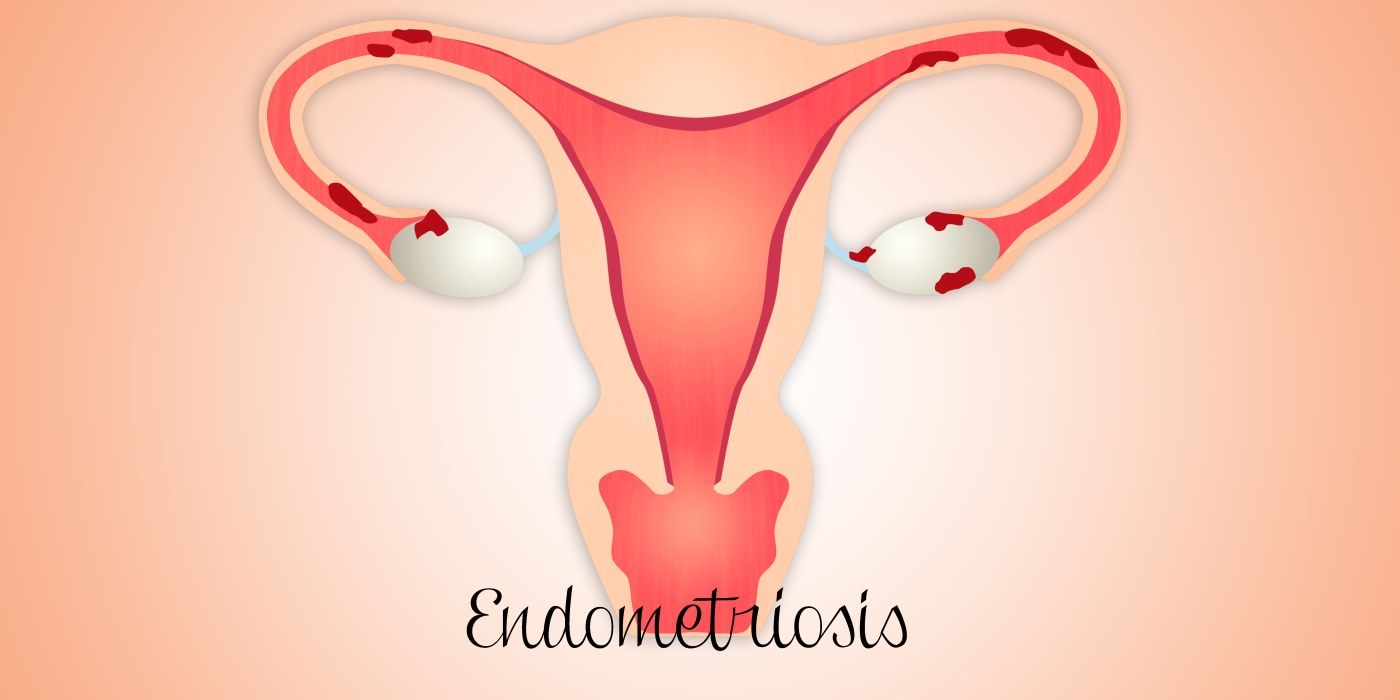At Wilcox Fertility, one of our top overall objectives is to help each patient feel that they understand each option they have available to them when they want to build their family. When it comes to a condition like endometriosis, this is especially true. According to Fertility and Sterility, endometriosis affects one in ten women and 25% to 50% of women who deal specially with an infertility diagnosis have endometriosis. Not only can this condition be painful but it can also be difficult to diagnose. In some cases, women are misdiagnosed as having ovarian cysts or pelvic inflammatory disease while in other cases, 20–25% show no symptoms whatsoever.
Endometriosis is when the lining of your uterus (known as the endometrium) grows outside of the uterus typically on the ovaries and/or fallopian tubes. Since the tissue doesn’t belong there, it can cause pain or block your fallopian tubes which can impact your chances of conceiving.
Some of the most commonly reported symptoms of endometriosis are:
- Bloating
- Constipation
- Diarrhea
- Fatigue
- Nausea, especially during menstrual periods
- Pain and/or discomfort
- Pain with urination
You can use a heating pad or use over the counter medications such as Ibuprofen, Motrin, Naproxen, Aleve or Advil but if you haven’t yet been properly diagnosed, it’s very important to speak with a physician and let them know that you are concerned you have endometriosis.
If you are actively trying to conceive, this is where Dr. Wilcox can assist. Depending on your medical history and severity of your condition, Dr. Wilcox can not only recommend if birth control pills or surgery are needed, but he and his medical team can put together a treatment plan to best help you have children.
Should you schedule a fertility consultation, some recommended questions you may want to ask are:
- Do my symptoms sound like endometriosis?
- How is endometriosis diagnosed or can it be confirmed that I have it?
- Are there medications available to treat endometriosis?
- What side effects can I expect from medication use?
- Do I need surgery, or are there any simple treatments I can try first?
- Under what circumstances do you recommend surgery?
- Will endometriosis impact my ability to become pregnant?
- Can treatment of endometriosis improve my fertility?
- Can you recommend any alternative treatments I might try?
- What is your treatment plan for me?
- How will we know if this treatment is working?
- Can women with endometriosis get pregnant in general?
- If not endometriosis, what else could it be?
No one ever wants to have a fertility condition nor do people imagine needing the help of a doctor to have a family. We want to assure you that there are many approaches to conceiving when you have endometriosis. Sometimes, it’s just a matter of finding the right combination of treatment. For example, in many cases laparoscopy plus assisted reproductive technology such as in vitro fertilization (IVF) may be recommended as the best protocol to conceive. In fact, a study by The Journal of Minimally Invasive Gynecology found that this sequence and the interval in between them may help improve your chances of achieving a pregnancy.
Overall, we’re here to help guide, educate and support you as we treat this condition and provide various options to help you expand your family.







